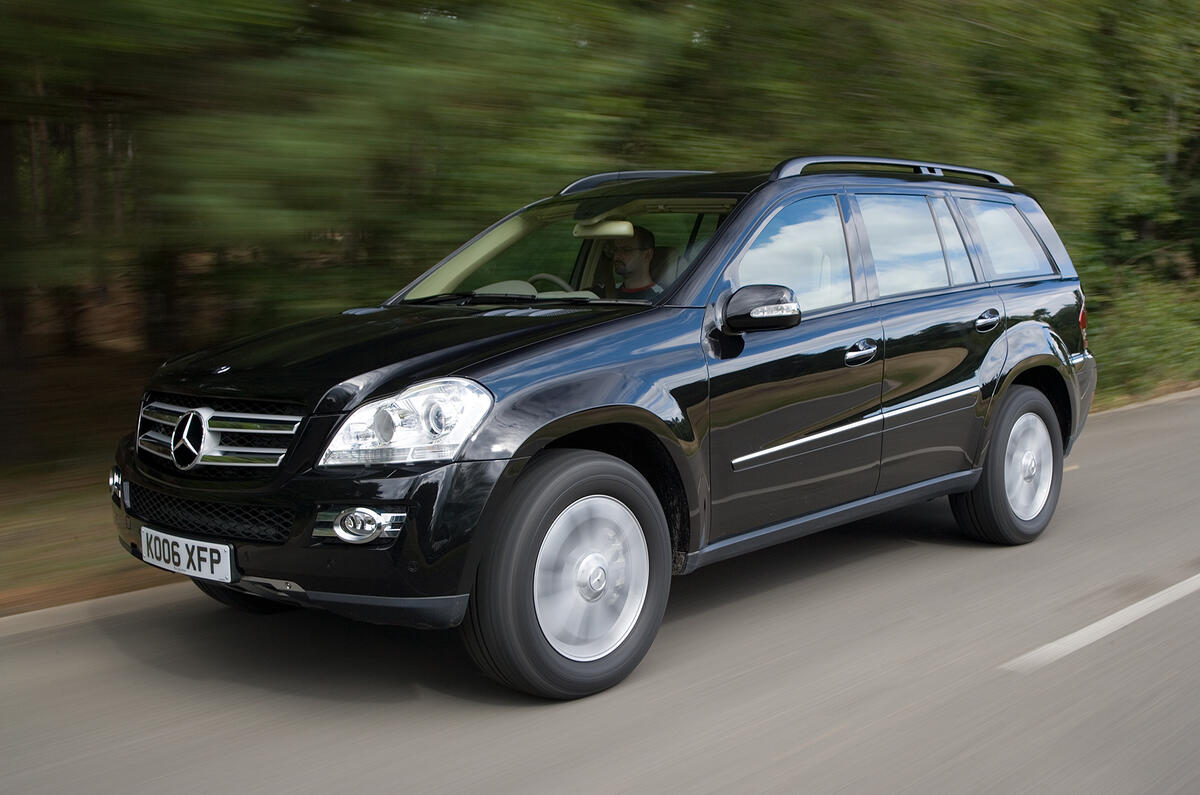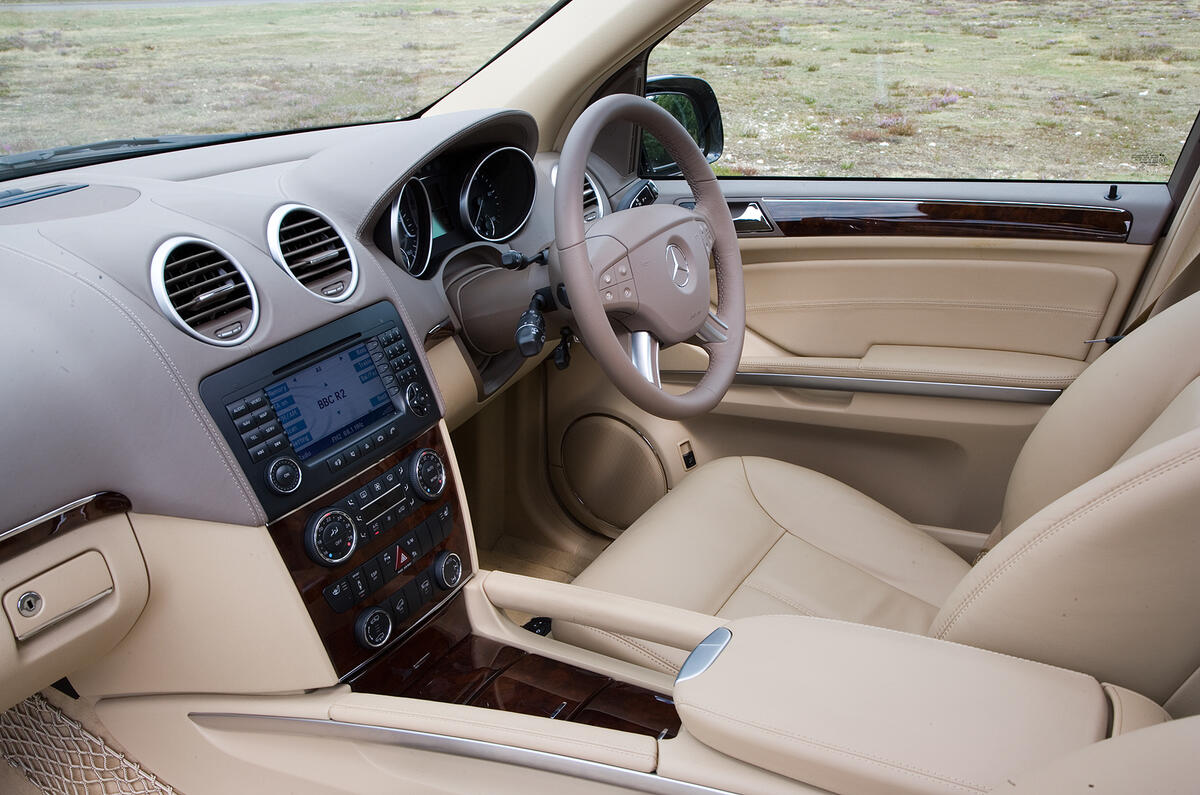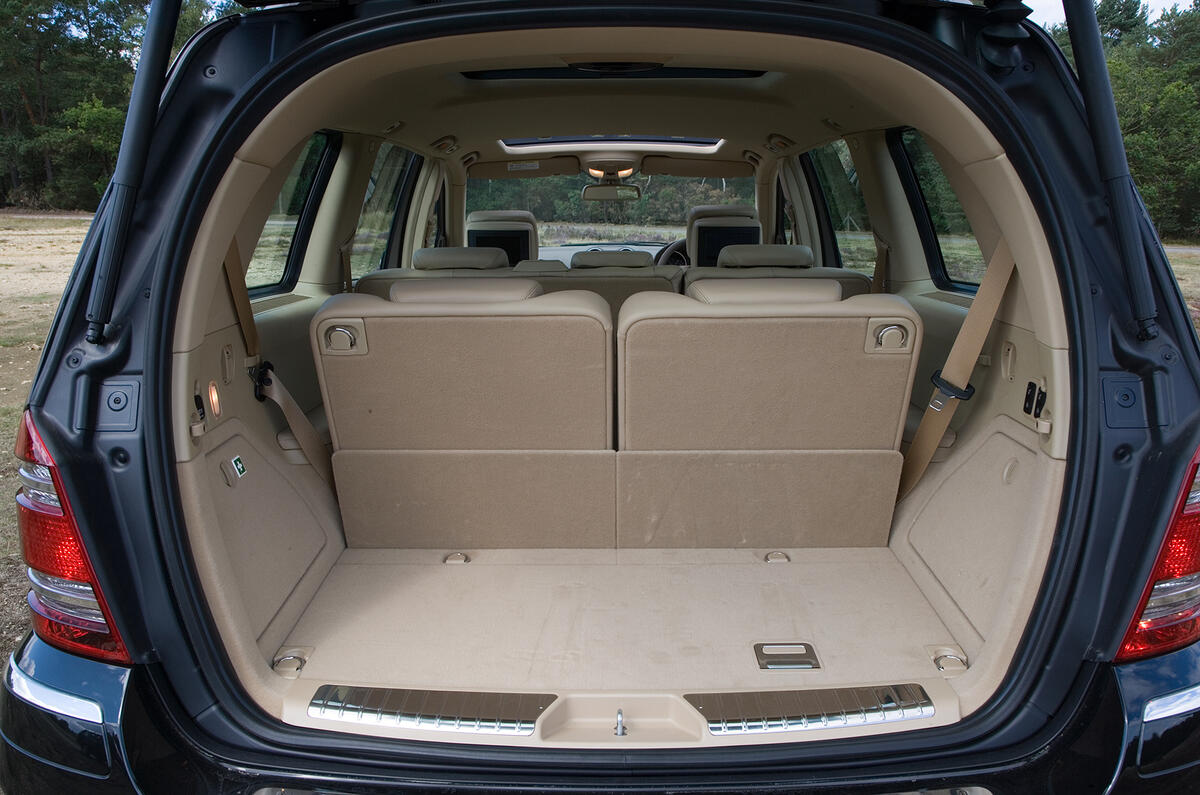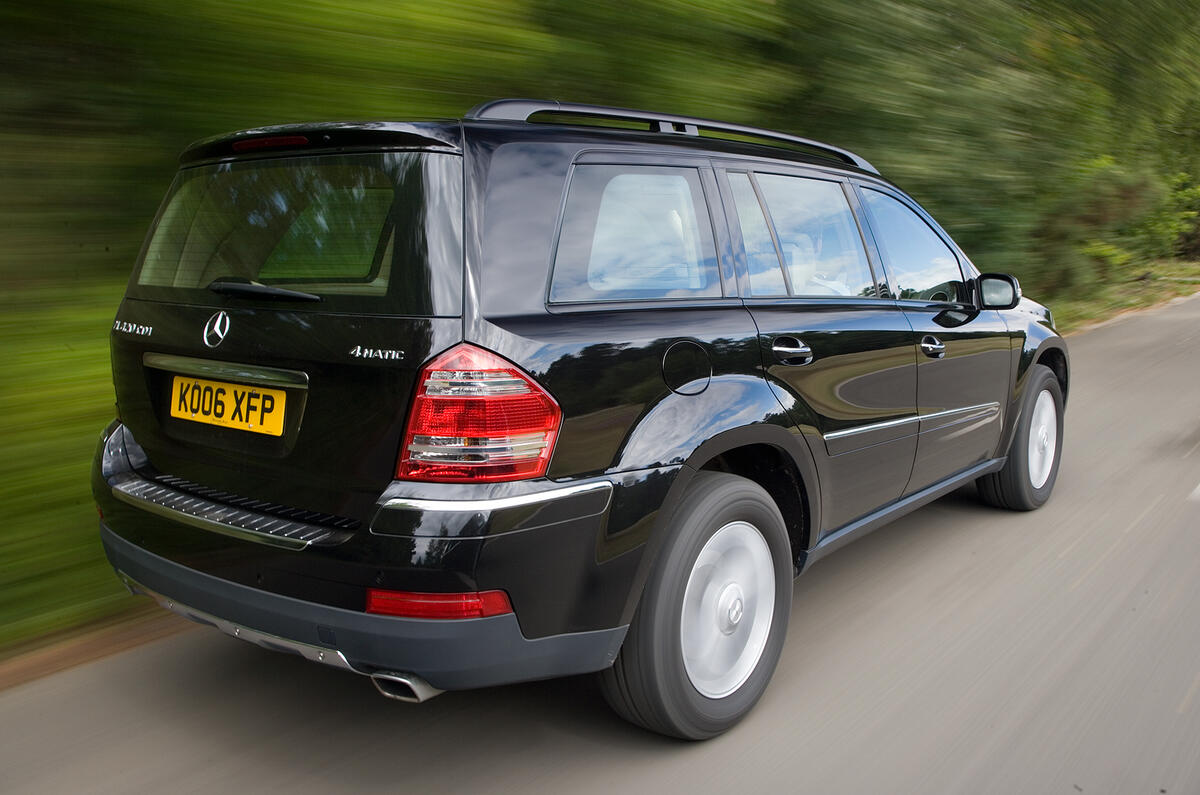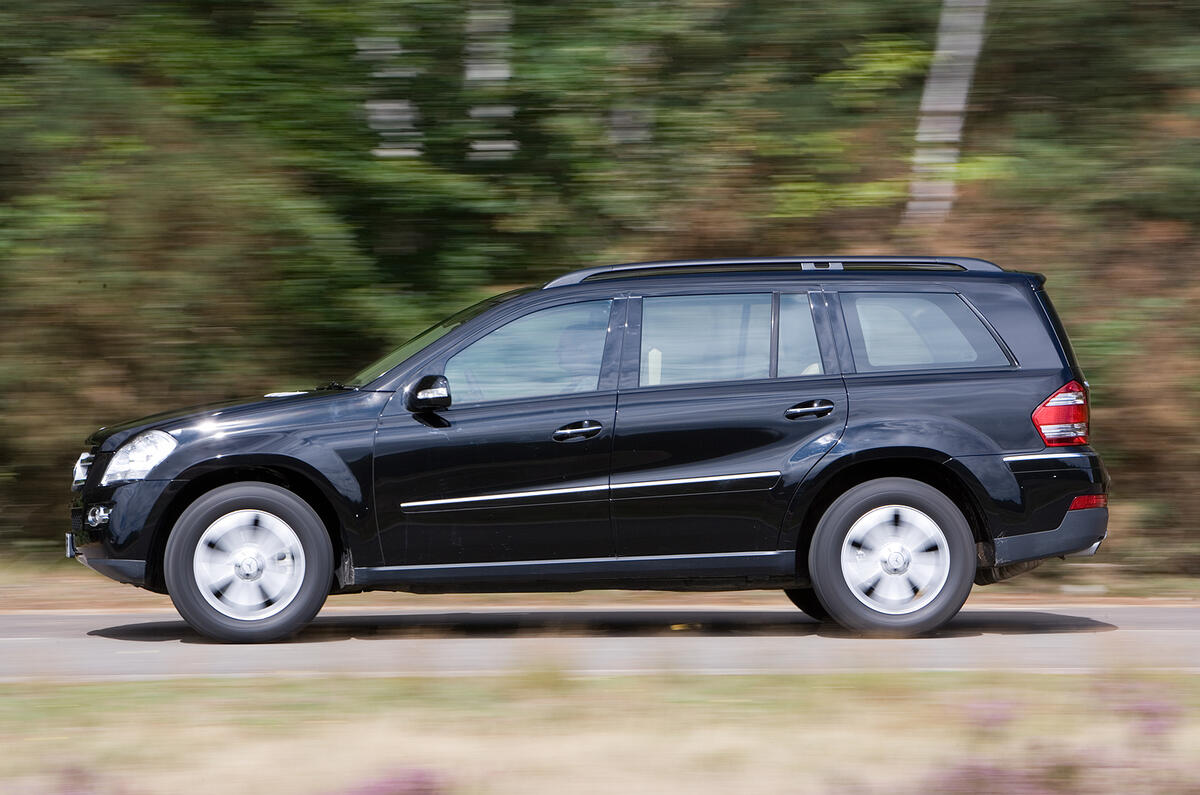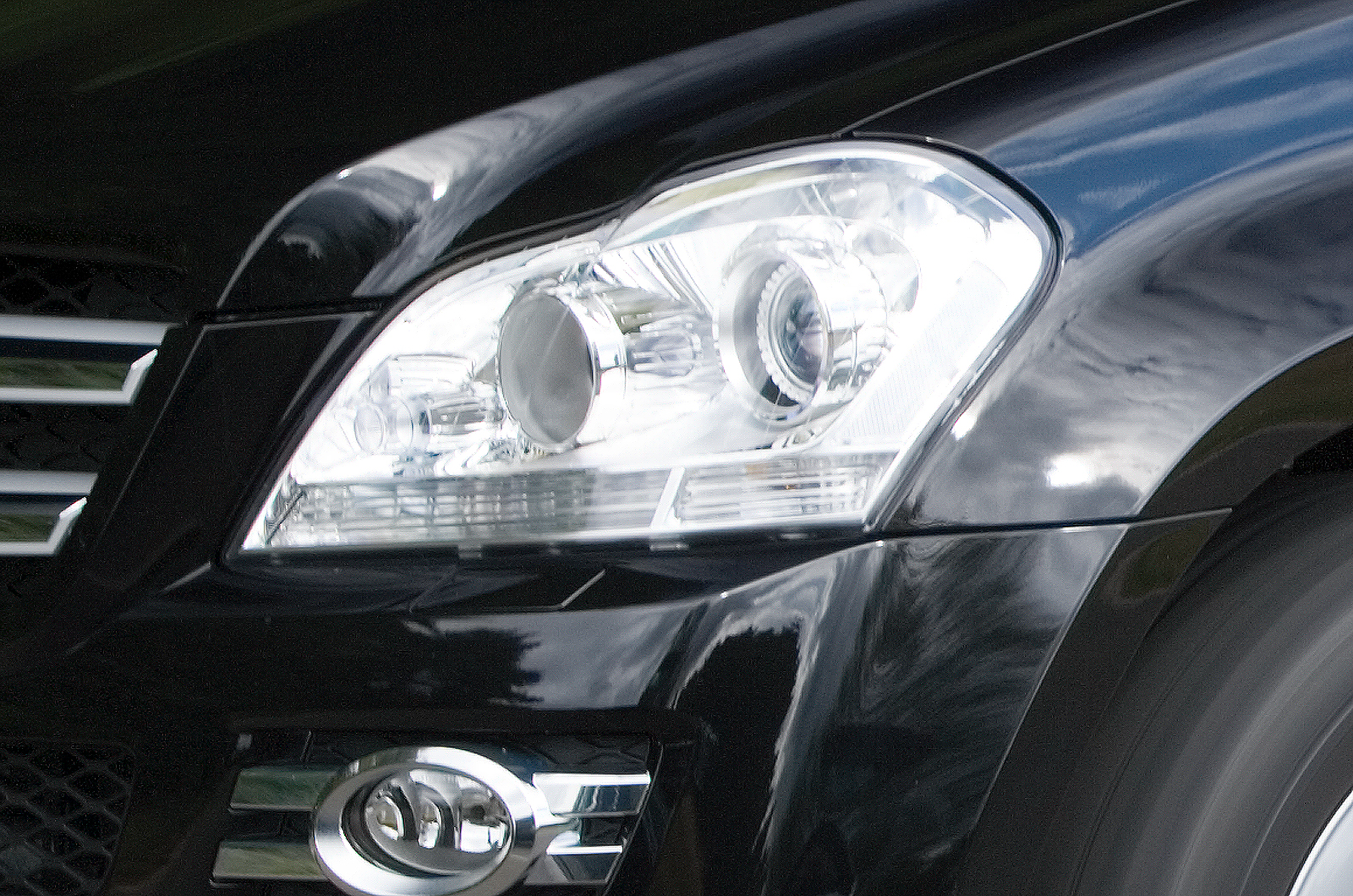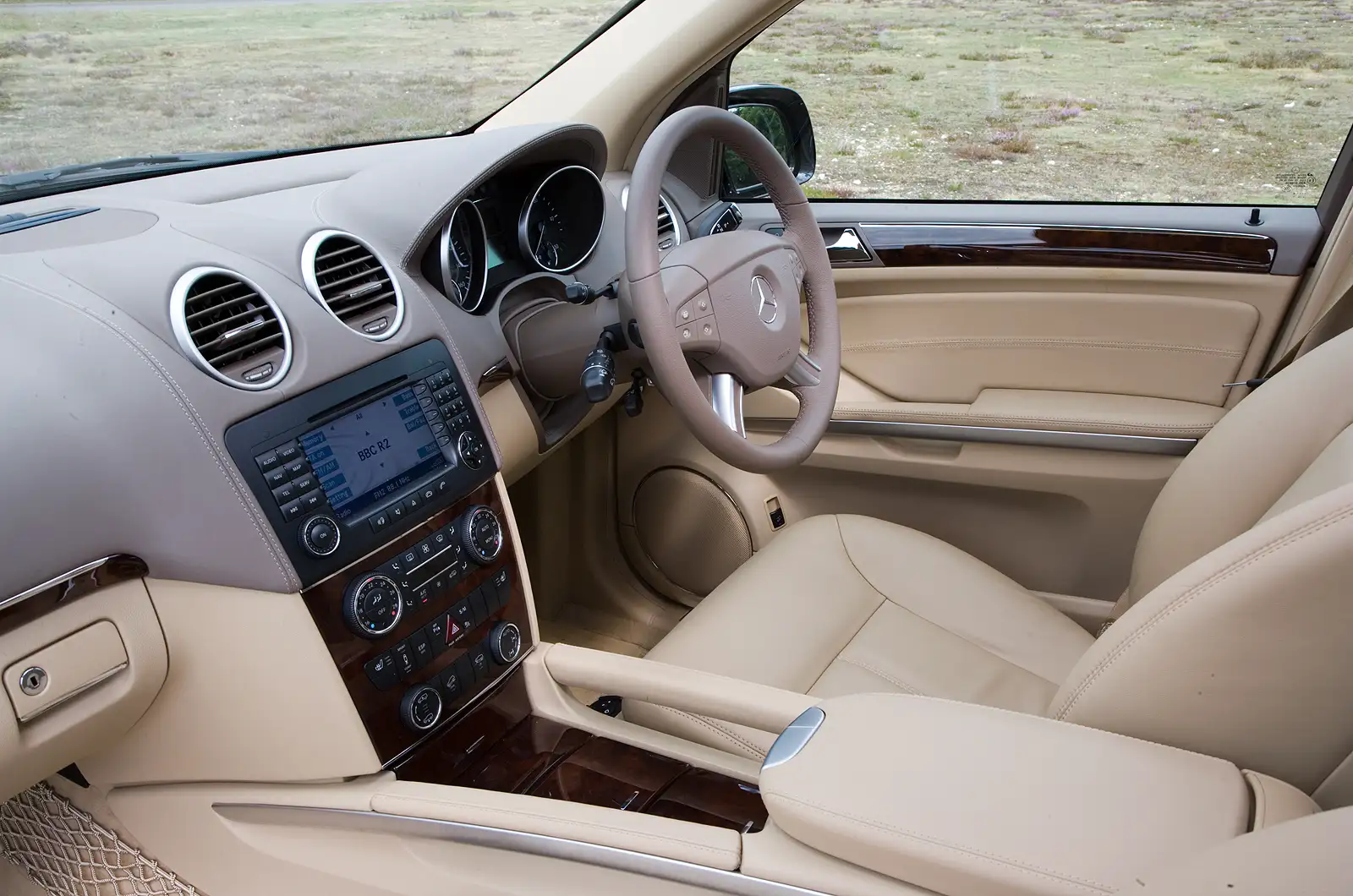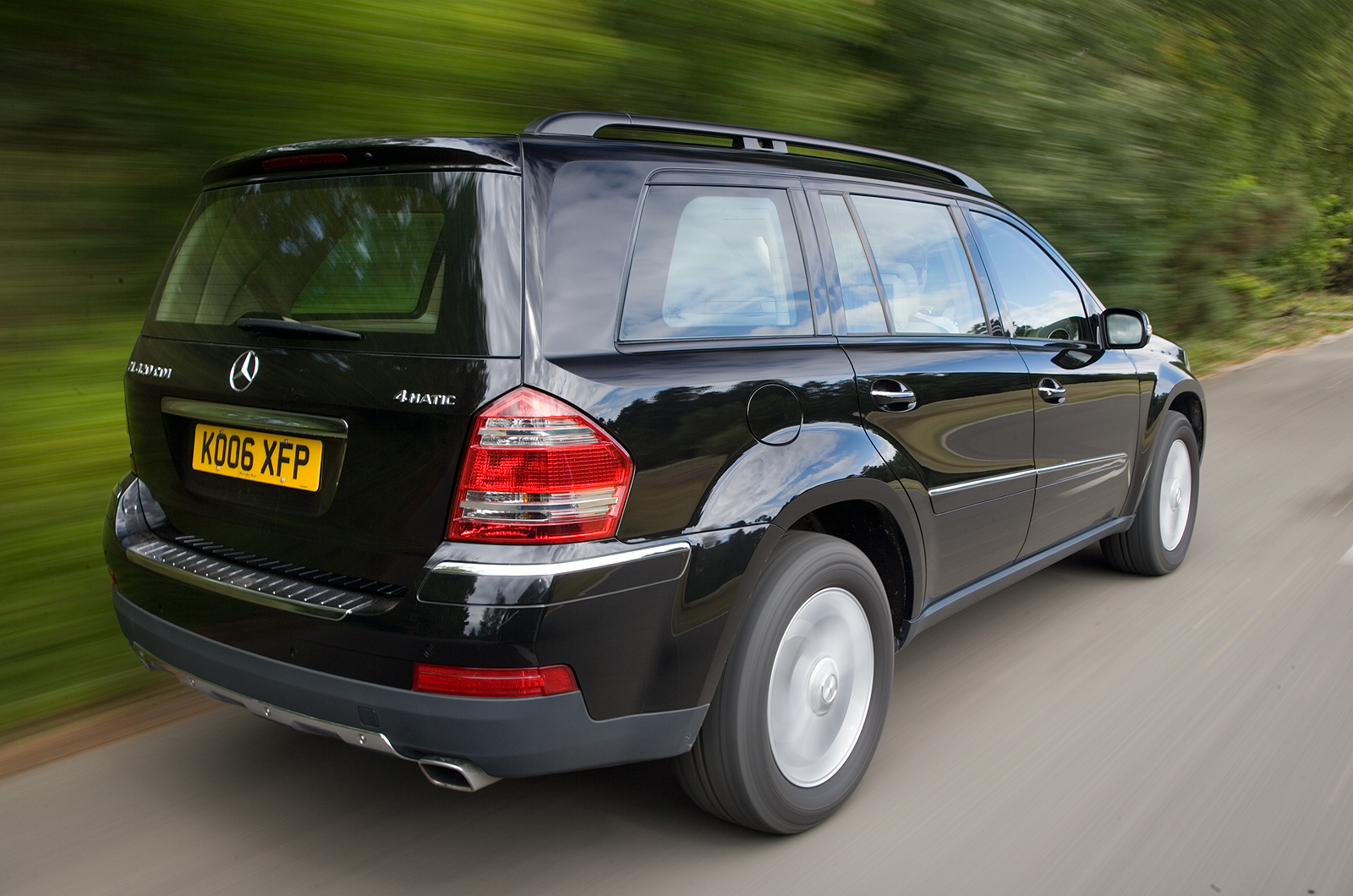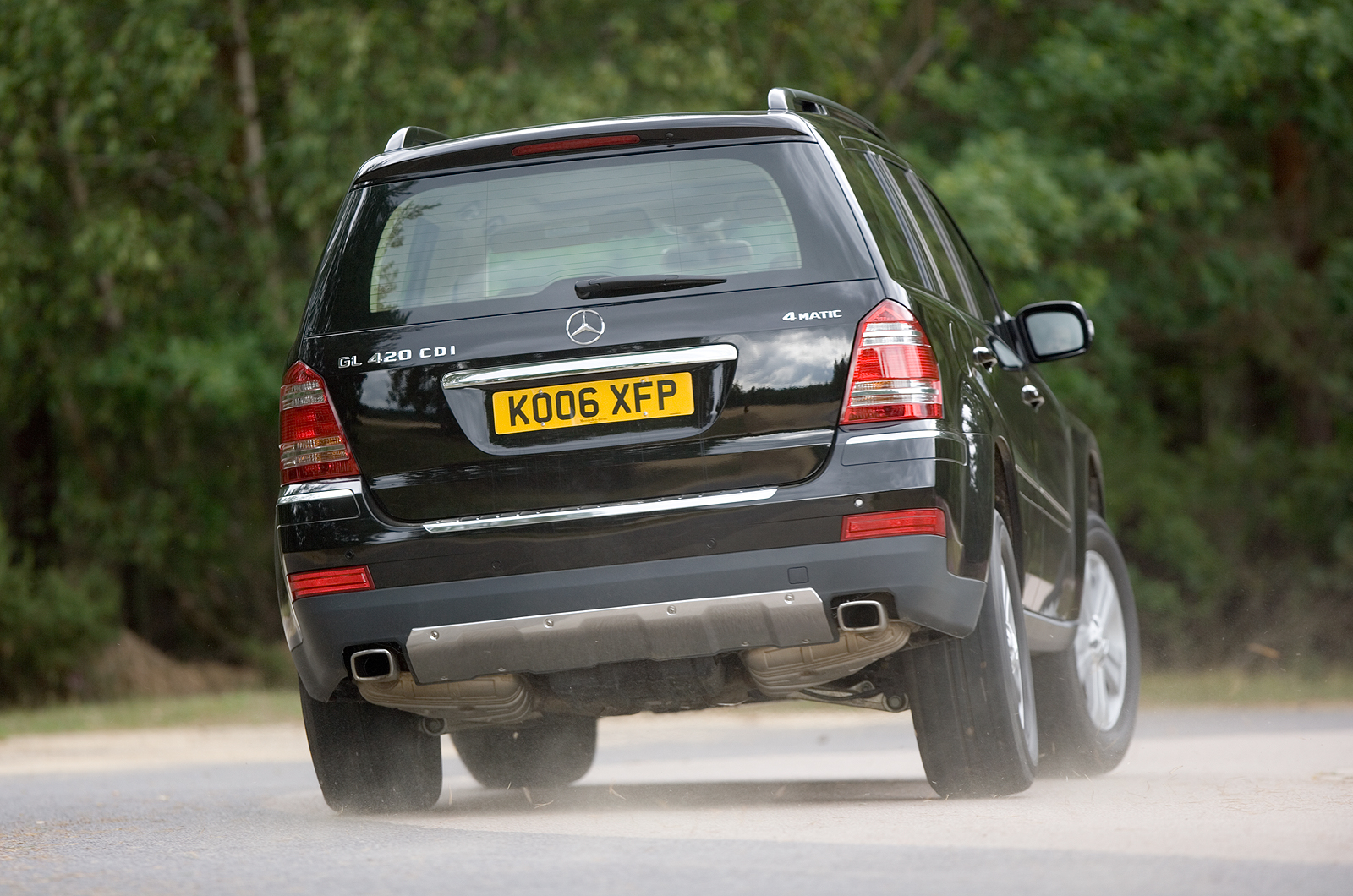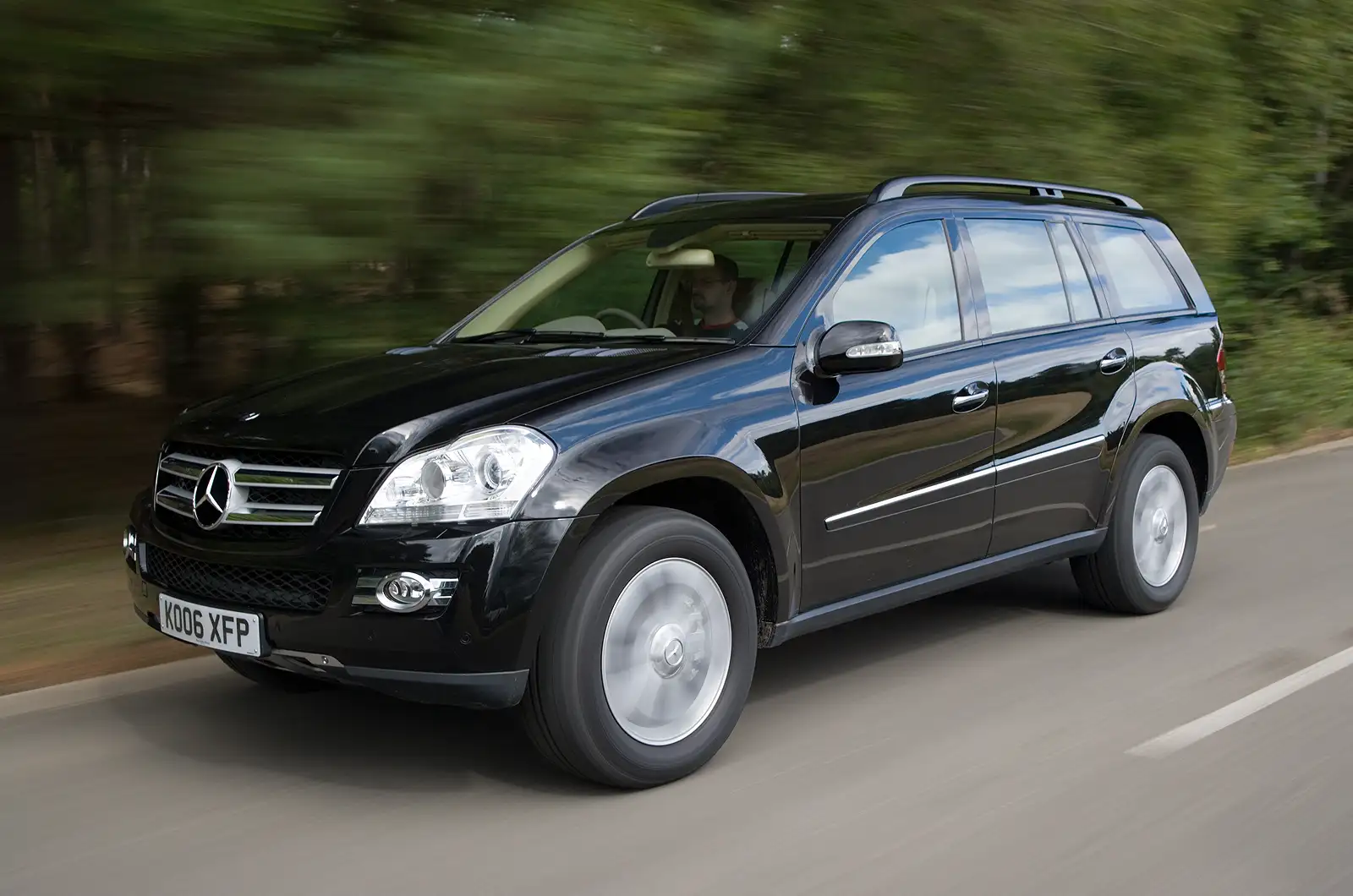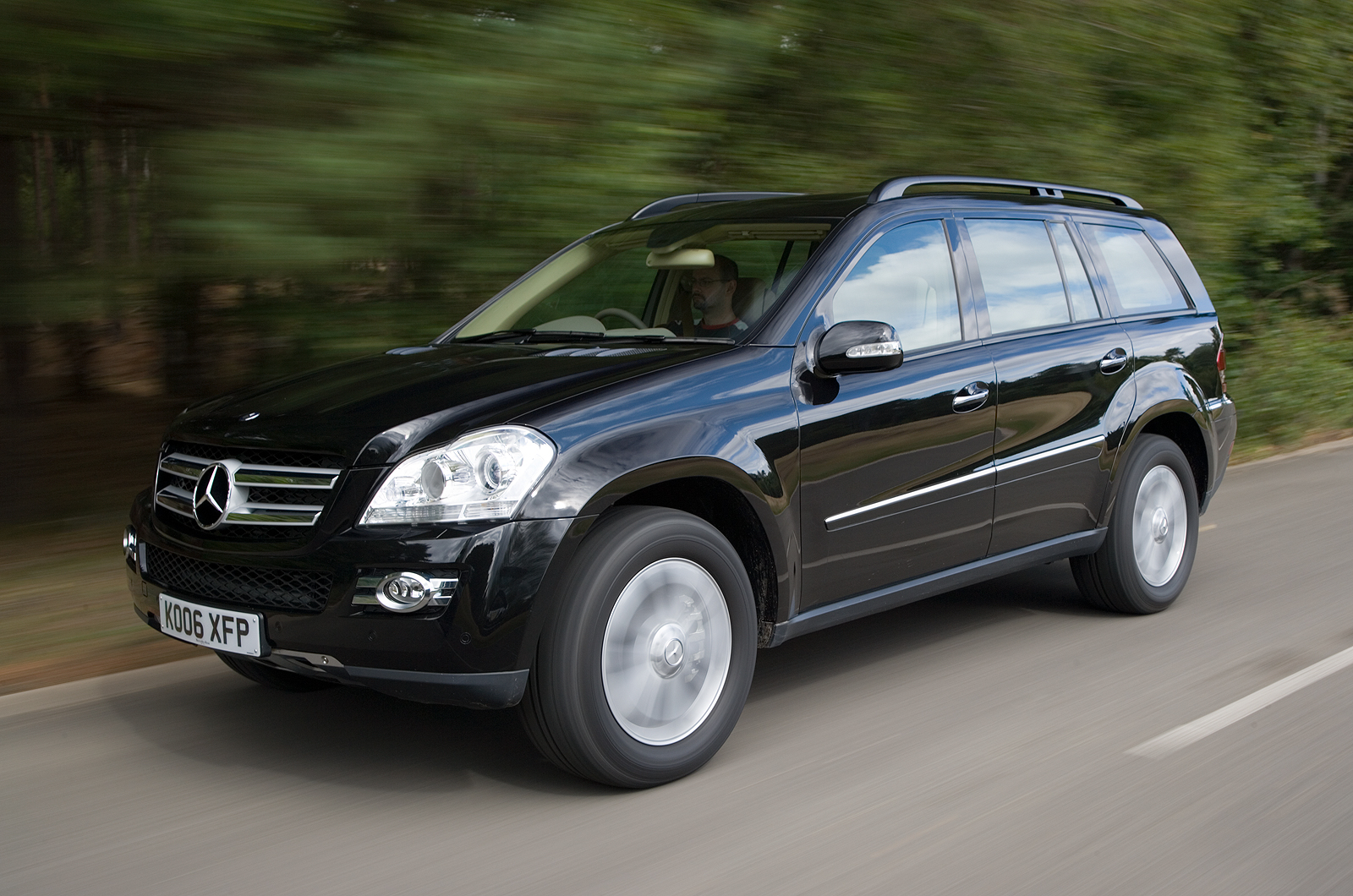When your Mercedes M-Class just isn’t accommodating enough, when your seven-seat R-Class hasn’t the ground clearance or when your Gelaendewagen feels as antique as Keith Richards, what’s a Mercedes 4x4 lover to do? The answer is the Mercedes GL-Class.
The GL was conceived back in 2003. After 23 years on the market, the venerable G-Wagen was in desperate need of replacement. Mercedes research in the States showed that 25 percent of its owners were looking for an SUV bigger than an ML, and consequently many were leaving the brand to shop elsewhere. And back in 2003, with a gallon of ‘gas’ in the States costing less than bottled water, sales of so-called full-size SUVs – the Cadillac Escalades and Lincoln Navigators – were booming.
When the GL was launched in 2006, the reaction to the ending of G-Wagen production was such that Mercedes decided to keep the old dear and make the GL an additional model.
The GL was conceived as a sister car to the M-Class and R-Class and is made at the company’s flexible assembly US plant in Tuscaloosa, Alabama, so production of the three can be rebalanced to follow customer demand.
So what’s the difference between this and, say, the Audi Q7? On the face of it, not a lot. They’re both after the same buyers. They’re both five-metre-long off-roaders, weigh two and a half tonnes and can seat seven.
But they’re not actually the same breed at all. Whereas the Audi is a road car first and off-road device second, this new GL, like the original G-Wagen, is meant to be at least as good off road as it is on it.


